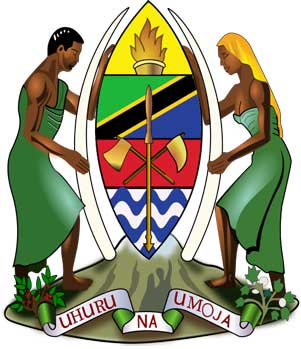
The United Republic Of Tanzania
Ministry of Education, Science and Technology
Mbeya University of Science and Technology
Leading Centre of Excellence for Knowledge, Skills, and Applied Education in Science and Technology
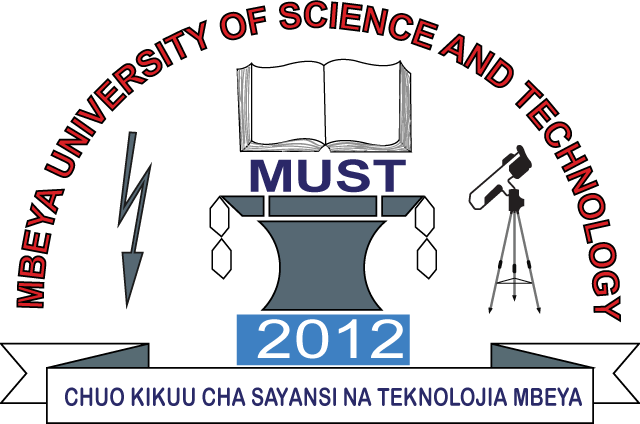

Leading Centre of Excellence for Knowledge, Skills, and Applied Education in Science and Technology


From October 13 to 17, 2025, Mbeya University of Science and Technology (MUST) strengthened its international academic footprint through a high-level scientific engagement at the University of Barcelona, Spain. Dr Azaria from the Department of Earth Sciences represented MUST in the Erasmus+ mobility programme, marking a significant milestone in the university’s efforts to expand international collaboration on aquatic chemistry, climate, and environmental research.
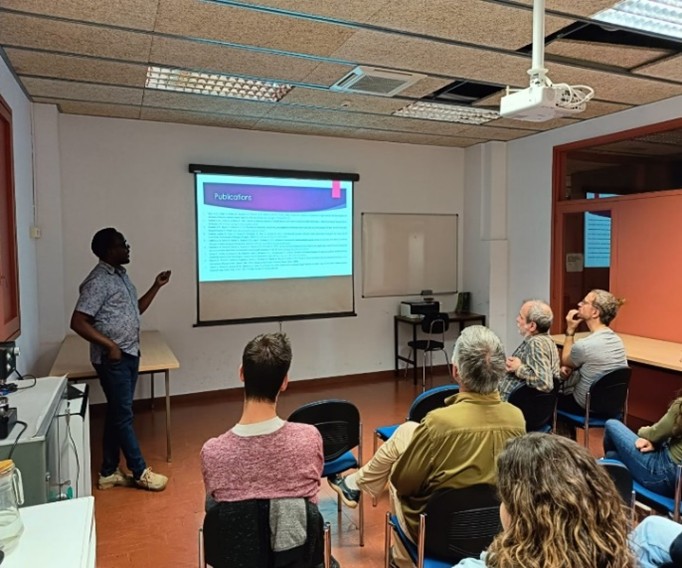
During his one-week visit, Dr Azaria participated in advanced technical training focused on the use of Arduino-based sensors for monitoring greenhouse gas emissions (CO₂ and CH₄). Under the expert mentorship of Professor Andrea Butturini, an internationally recognized aquatic biogeochemist, he engaged in intensive hands-on sessions, learning to assemble, calibrate, and deploy these innovative sensor systems for real-time environmental monitoring. This training significantly enhanced MUST’s practical capacity in climate research and enriched the university’s teaching resources in the field of aquatic ecosystems and environmental sciences.
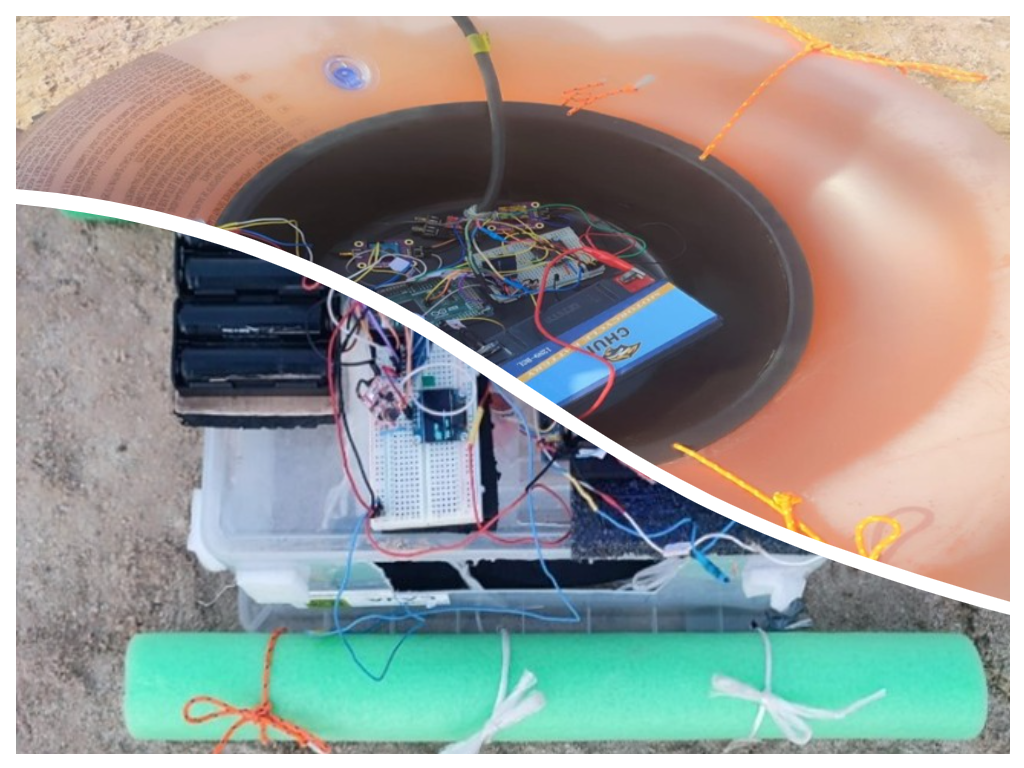
In addition to the training, Dr Azaria brought back to MUST a fully functional Arduino-based sensor provided by the University of Barcelona. This valuable acquisition ensures that the skills gained in Spain will continue to enhance student learning and contribute to ongoing research on greenhouse gas emissions within Tanzania’s unique aquatic ecosystems.
During his visit, Dr Azaria also delivered a detailed presentation to the academic community in Barcelona. He showcased MUST’s research priorities and educational programs, highlighted the ecological and scientific significance of the East African Rift Valley soda lakes, and identified potential research gaps for future exploration. His presentation sparked engaging discussions and further elevated the international visibility of MUST’s environmental research initiatives.
This remarkable academic engagement builds on an already strong ongoing collaboration between the two institutions. In October 2024, Professor Butturini made his first visit to MUST, working closely with students in the field at Lake Magadi in the Sogwe region and helping them enhance their technical skills in measuring CO₂ and CH₄ emissions in natural water bodies. That initial partnership led to the development of a joint scientific manuscript, recently accepted for publication in the journal Limnetica, an achievement that highlights the scientific significance of Tanzania’s underexplored lake systems.
The partnership continued to flourish in July 2025 when Professor Butturini visited Tanzania with fellow scientists Professors Dani and Joan. The team conducted extended investigations at Lake Magadi, Tete Hot Spring, River Zira, Songwe Hot Spring, and Songwe River. Working closely with MUST students, they provided hands-on training in microbial sampling, diatom identification, biogeochemical monitoring, and environmental parameter analysis, effectively bridging the gap between classroom learning and real-world scientific practice.
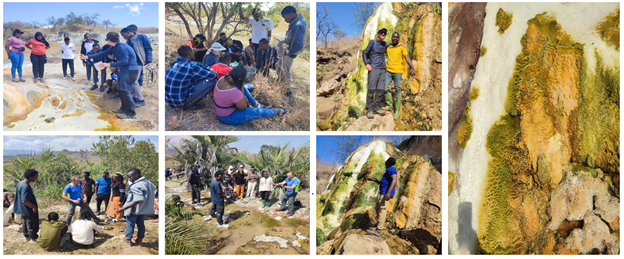
During the second visit, field campaign, detailed biogeochemical characterizations were performed, including metal analysis, measurements of CO₂ and CH₄ using Arduino-based sensors both in situ and in the laboratories at the University of Barcelona, and assessments of dissolved organic matter (DOM), its optical properties, and nutrient concentrations such as nitrate (NO₃⁻) and total phosphorus. Environmental variables, including wind speed, air temperature, air pressure, and solar radiation, were also recorded in the field. In addition, DOM samples were sent to Germany for advanced molecular-level characterisation, microbial community analyses involving DNA sequencing were carried out with samples processed in Rome, Italy, and diatom studies were undertaken at the University of Barcelona under the guidance of Professor Joan.
Through this productive visit, Dr Azaria has not only elevated his own research competence but also brought back knowledge and tools that will shape the future of environmental science teaching and research at MUST. The expanding partnership between MUST and the University of Barcelona is a clear demonstration of how shared scientific goals can accelerate innovation, empower young researchers, and contribute meaningfully to global climate solutions. Guided by Erasmus+ and driven by dedicated scholars, MUST continue to rise as a leader in climate and environmental research within the African region.